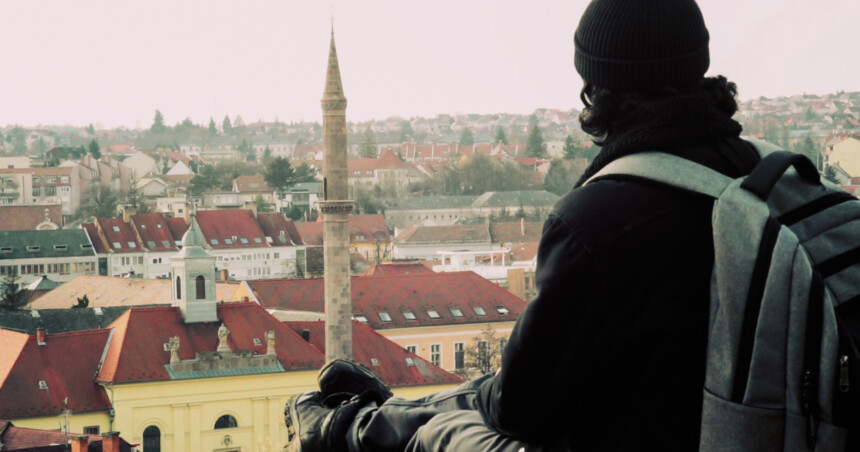In the name of Allah, the Most Gracious, the Most Merciful. All praise is due to Him, and may His peace and blessings be upon His final Messenger, Muhammad.
“O Balkans, where is the light of the mosques and the minarets?” asks a nashīd composed by the British Muslim journalist Haris Tagari.
Haris has travelled extensively in Europe and covered its Islamic history for some three years.
He wrote the nashīd to commemorate the estimated five and a half million Muslims who died in the Balkans, the Caucasus region, and beyond, between 1821 and 1922, the further five million+ forced to leave these lands in the same timeframe, as well as those who faced similar fates later on. [1]
The reporter and content creator is popular for his one-minute documentaries telling stories about Muslim remnants and landmarks on his Instagram channel.
His videos often focus on Balkan countries ranging among others from Montenegro to Kosovo, Serbia, Bosnia and Herzegovina, and even neighbouring Hungary.
But this time, Haris tried something a little different
After reading a lament by the 13th century Andalusian poet Abu al-Baqā’ al-Rundī (d.1285) about the weakening of Islamic Spain, he noticed clear parallels between the author’s words and his own historical finds from his travels.
Gazing upon mosques, minarets, and more — damaged, destroyed, and converted by communism and conflict — he noticed clear parallels between these calamities and the demise of Muslim rule in Iberia (al-Andalus).
The similarities are all too clear.
Indeed, al-Rundī himself mourns the loss of great cities like Seville and Cordoba, as well as the Andalusian mosques captured and repurposed by Catholic rulers, writing in 1267:
The tap of the white ablution fount weeps in despair, like a passionate lover weeping at the departure of the beloved,
Over dwellings emptied of Islam that were first vacated and are now inhabited by unbelief;
In which the mosques have become churches wherein only bells and crosses may be found.” [2]
With the Andalusian’s words fresh in his mind, the journalist put pen to paper, and his vocal cords to good use, composing his own nashīd.
Islam21c spoke to Haris to find out more about his motivations behind the nashīd, what he has learned from his travels and studies, and why this is important today.
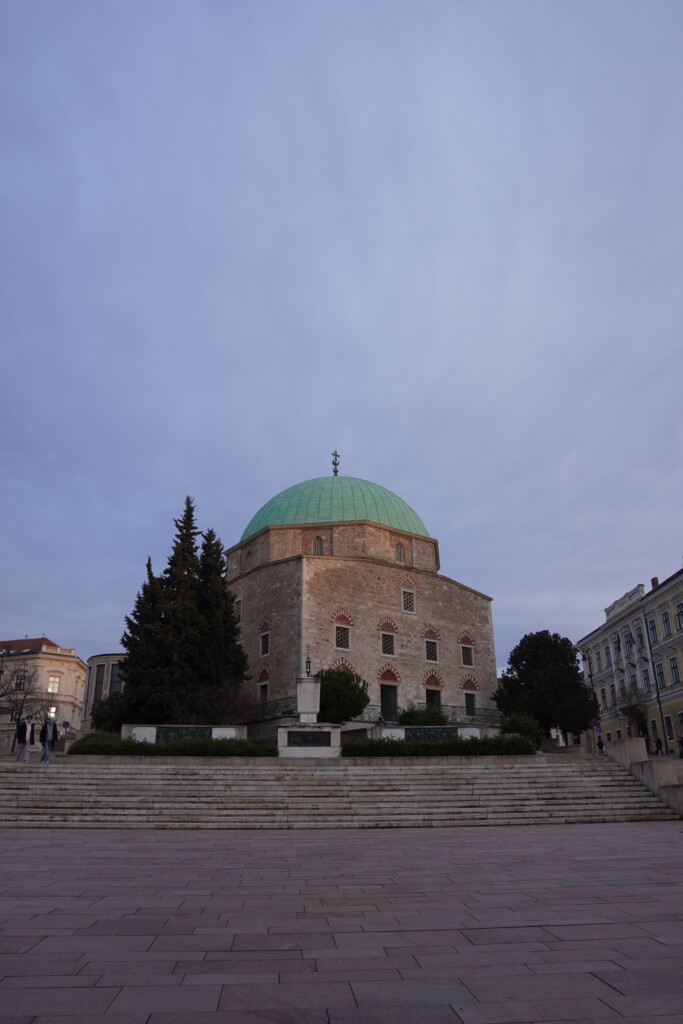
The interview
al-Salāmu ‘alaykum Haris, thank you for speaking to Islam21c. In your own words, what was your motivation for composing the nashīd?
Wa ‘alaykum al-Salām.
It’s my pleasure, thank you for reaching out.
The way I see it, the emotions evoked by the loss of Muslim Spain are ones that are in the hearts of most, if not all, Muslims. It has not skipped our consciousness.
However, the Balkans have regrettably been relinquished to a forgotten age. That is why I took the opportunity to show my audience how the same feelings many have for al-Andalus, should also be felt for the Balkans.
The neglect and abandonment of Muslim Balkan history is a spiritual and academic crime. This is a region embellished with the presence of Islam for 600 years that has resisted and continues to resist its hostile neighbours.
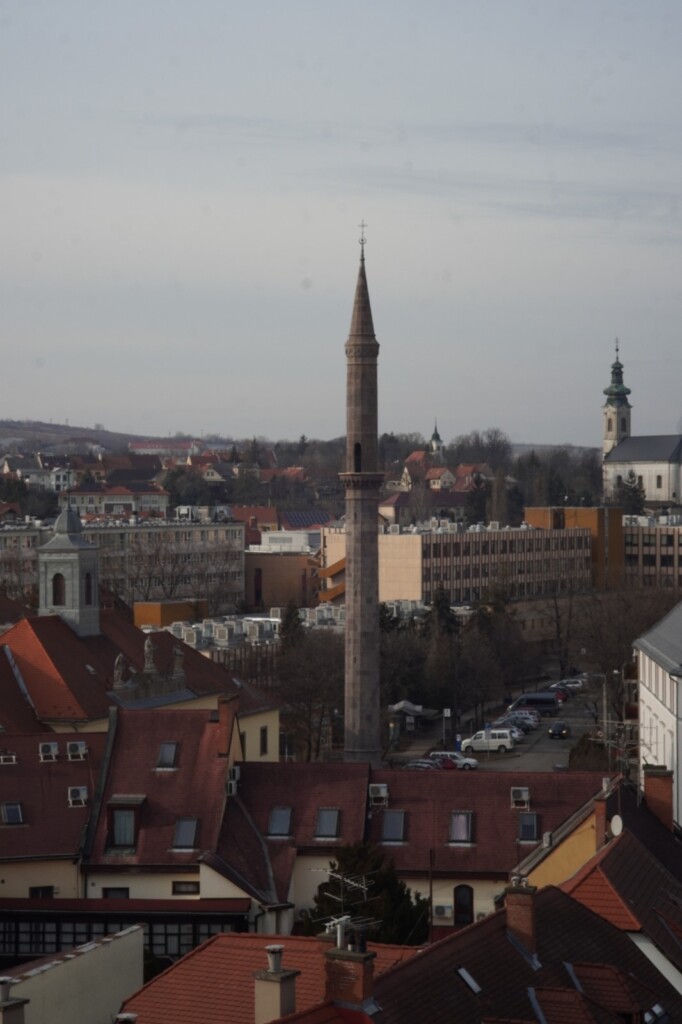
What would you say are the main parallels between the past treatment of Islam and Muslims in Spain and the Balkans? Are there any contrasts?
An attempt to completely erase a people.
After the end of al-Andalus, Muslims were forced to convert, die, or flee.
Similarly, in the Balkans, Serb aggression in the late 19th century — sponsored by Imperial Russian troops and European monarchies — saw plans for a third of Muslims in Serbia to be killed, another third converted, and the last third expelled. Systematic and merciless.
At one point, Belgrade had been an overwhelmingly Muslim-majority city due to the Ottoman Empire. These were not mainly Turks but largely native Slavic Muslims who had practised their faith for centuries.
What makes the Balkans different to Spain, is that such efforts didn’t just achieve an erasure of a people, but also tried hard to destroy any evidence that they even existed.
Some sources say there were as many as 300 mosques in and around Belgrade, today just one survives. Some of the greatest and largest mosques in Europe were torn down without any trace. Mosques larger than the historic Gazi Husrev Beg Mosque in Sarajevo. [3]
Today, some remnants of al-Andalus are on display for all to remember, even if there is still reluctance to celebrate or acknowledge them.
Sadly, the ruins of the Balkans are rubbish tips or forgotten and rotting amongst forestry, stolen by nature, time, and those that caused their destruction.
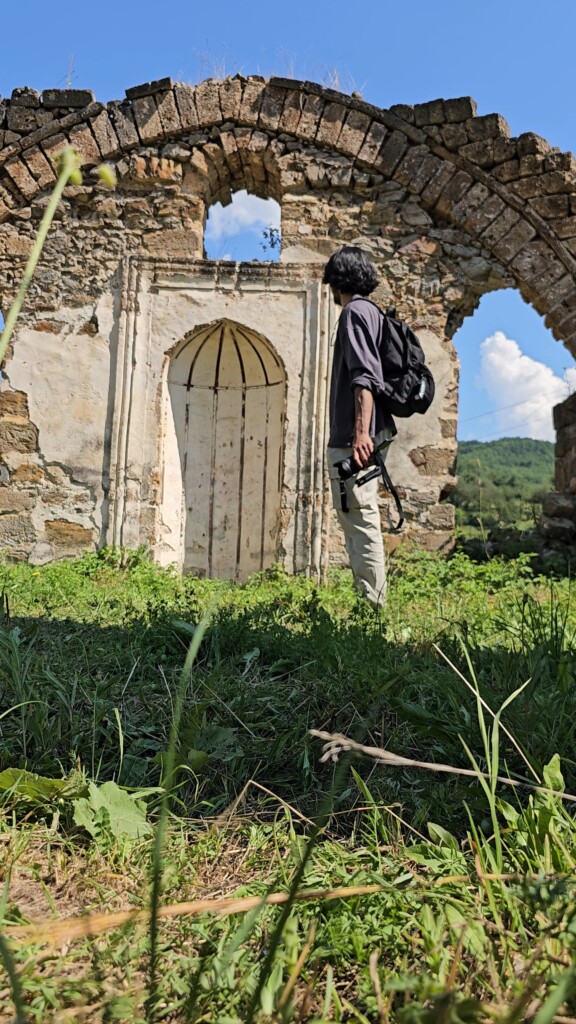
What are some of the worst tragedies you’ve researched yourself?
Well, as bleak as this sounds when I think of this question, my mind races with hundreds of examples. All equally tragic.
One happened in Plav, Montenegro, when thousands were killed when Montenegrin and Serb forces unleashed their hell upon the city in 1912. The entire population — almost 13,000 — were forced to convert to Christianity or be put to the dagger.
The horrors continued into the Second World War too. After Novi-Pazar (which is still a largely Muslim city in southern Serbia) was “liberated” by communists, anywhere up to 8,000 Muslim scholars, ulamā, teachers, and political figures were put to death and dumped into ditches to hide any evidence.
The sickening reality of these crimes, is that they were often documented in depth by the killers themselves. Today, such criminals are even celebrated as heroes.
Anti-Muslim graffiti remains a staple in cities plagued by this terrible extremism. I have seen it with my own eyes, and experienced their intimidation online and in person. To put it simply, they loathe us for who we are: Muslims. There are still people who wish for us to “cleansed” from Europe.
Worse still, these genocidal acts were not one-off events, but constant unmitigated ethnic cleansing for more than a century. The most recent attempt to expel Muslims from Europe occurred in many of our lifetimes during the 1990s.
Today, it continues underground.
al-Rundī’s original lament was written as a call to action imploring Muslim rulers from North Africa to support their Andalusian brothers and sisters. What actions should Muslims of today take after hearing your nashīd and learning more about why you wrote it?
Our duty is to honour the shuhadā of our Ummah; the longstanding chain from the time of our Rasul ﷺ to contemporary times.
I wrote this nashīd in honour of what we all lost. A tribute and a lament, to the loss of life, knowledge, and history.
I wanted to offer a brief introduction to this vast topic. A topic which has, from an institutional level, been erased like no other tragedy in modern history.
I encourage people to see what beautiful Islamic heritage still remains in countries like Bosnia and Herzegovina, Kosovo, and North Macedonia.
That is the silver lining in the tragic story of the Balkans. Many strongholds have still survived against all odds, it is as if they are under the direct protection of Allah and His angels, nursed and blessed for the Ummah to admire.
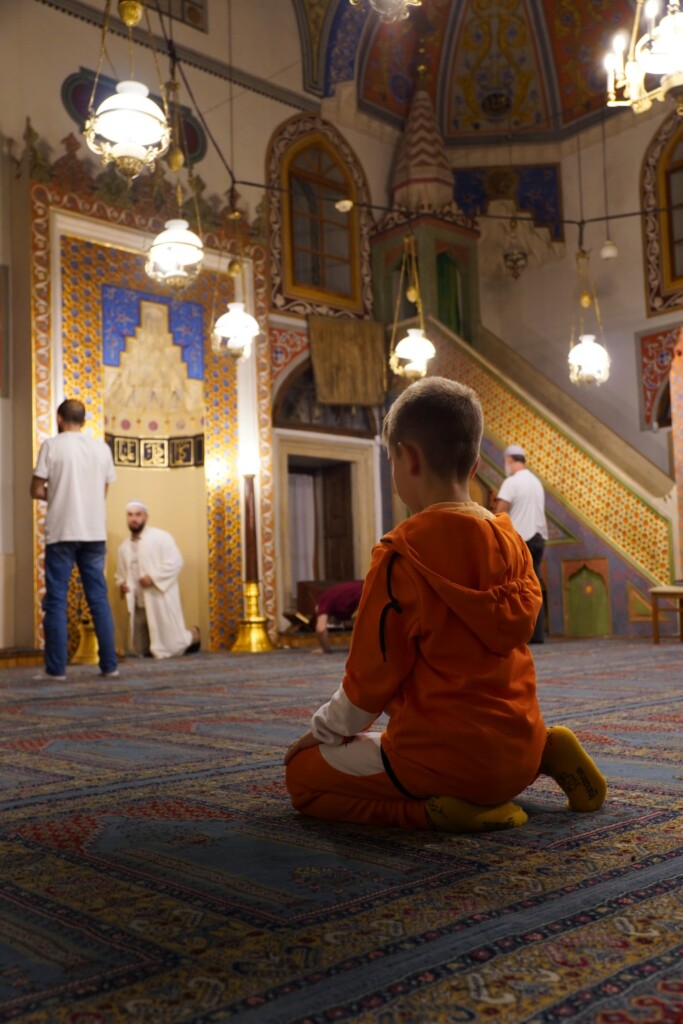
Action points
-
Follow Haris on Instagram @harristory_ to learn more from his content and share it.
-
If you like arts and culture, think about how anashīd and poems can benefit the Ummah.
-
Make du'ā for Haris’ continued success!
Source: Islam21c
Notes
[1] Justin McCarthy, Death and Exile: The Ethnic Cleansing of Ottoman Muslims, 1821-1922


